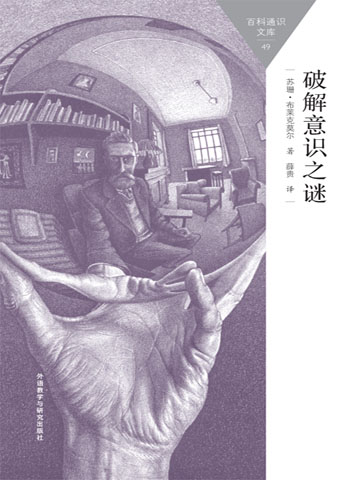人类究竟如何跨越客观物质世界和个体精神体验之间的鸿沟的?
什么是意识?意识有什么作用?物质的大脑怎么会产生对世界的主观体验?意识本身会不会只是一个幻觉?本书作者根据当前心理学、神经科学等领域的最新研究发现,运用简明的图示、生动的漫画和大量有趣的实验深入探讨了意识的特征及其核心理论,并详细剖析了各种理论所面临的问题,为我们重新认识科学家和哲学家在填补客观物质世界和个体精神体验之间的鸿沟时所面临的巨大困难提供了崭新的视角。
"The last great mystery for science," consciousness has become a controversial topic. Consciousness: A Very Short Introduction challenges readers to reconsider key concepts such as personality, free will, and the soul. How can a physical brain create our experience of the world? What creates our identity? Do we really have free will? Could consciousness itself be an illusion? Exciting new developments in brain science are opening up these debates, and the field has now expanded to include biologists, neuroscientists, psychologists, and philosophers. This book clarifies the potentially confusing arguments and clearly describes the major theories, with illustrations and lively cartoons to help explain the experiments. Topics include vision and attention, theories of self, experiments on action and awareness, altered states of consciousness, and the effects of brain damage and drugs. This lively, engaging, and authoritative book provides a clear overview of the subject that combines the perspectives of philosophy, psychology, and neuroscience--and serves as a much-needed launch pad for further exploration of this complicated and unsolved issue.
- 版权页
- 第一章 为什么关心意识之谜?
- 第二章 人类的大脑
- 第三章 时间与空间
- 第四章 一个巨大的幻觉
- 第五章 自我
- 第六章 意识意志
- 第七章 异常的意识状态
- 第八章 意识的演变
- 书评 写书评
- 笔记
-
书评加载中...























 京公网安备 11010802032529号
京公网安备 11010802032529号
笔记加载中...